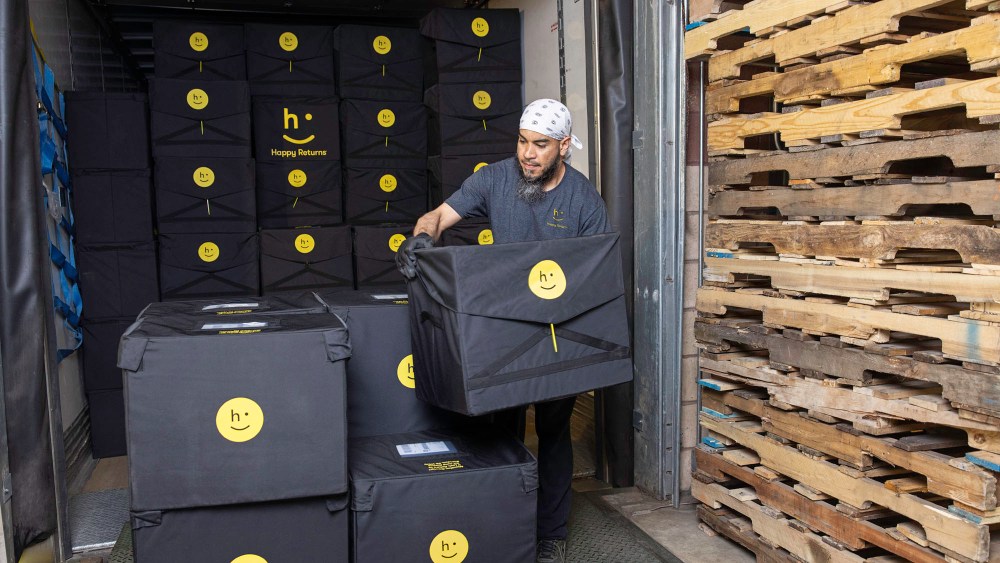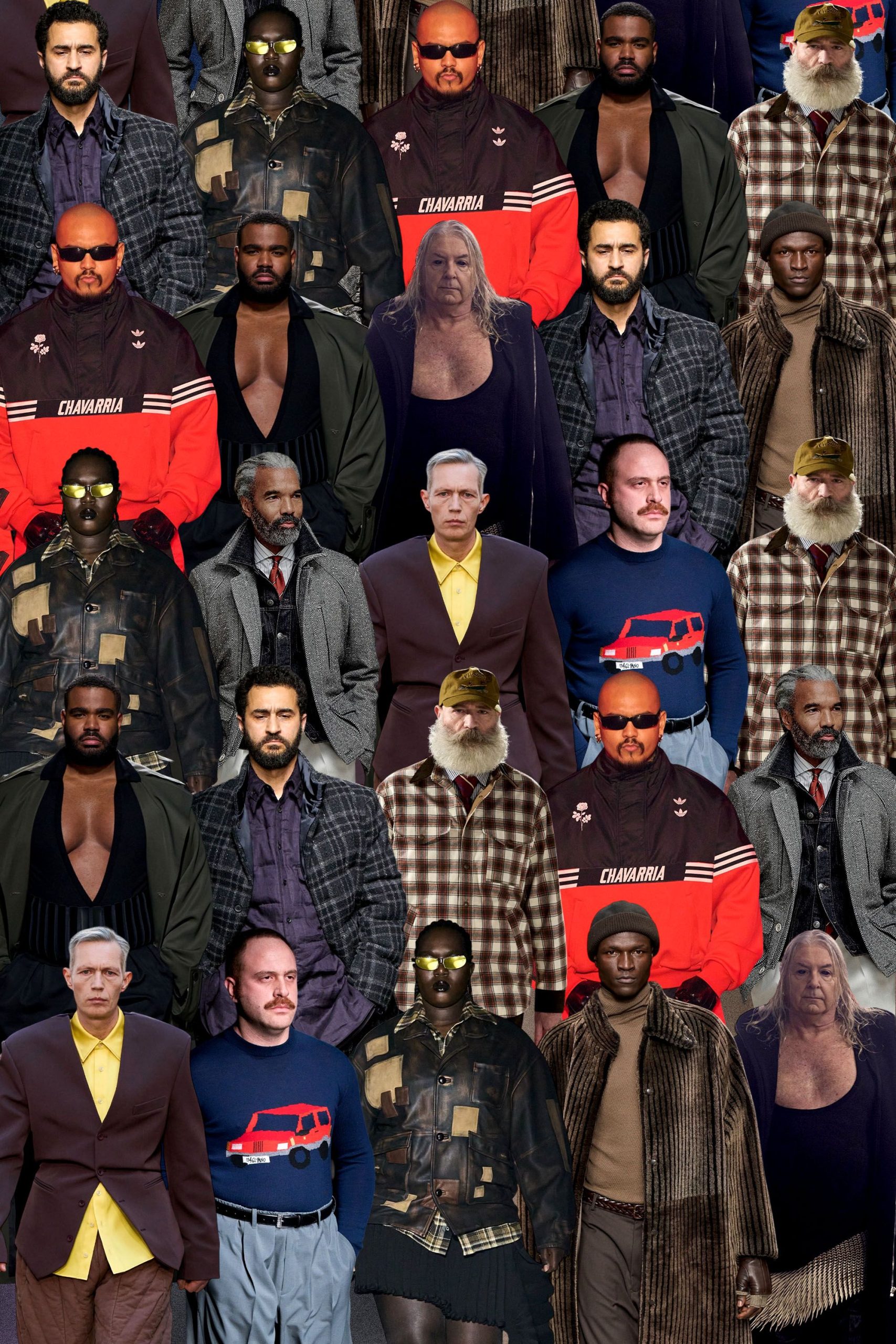
In an industry working to solve myriad problems simultaneously, many companies seek solutions that can eliminate unnecessary steps. Enter PicoNext, a technology company that stamps out manual data entry for digital product passports.
The company leverages artificial intelligence and other emerging technologies to allow brands and retailers to rapidly create digital product passports, or DPPs, in line with new regulations from the European Union.
This week, the company announced it had launched a tool allowing brands and retailers with Shopify stores to use generative AI to create DPPs for their products. To do so, all the seller needs to do is select an item to generate the DPP for, then add any other relevant sources, like a sustainability page on their site. The AI model does the rest.
You May Also Like
For instance, if a company had a blue cotton shirt for sale on its Shopify storefront, a user would click that listing on the backend of PicoNext, which, based on what the company had listed in the backend of Shopify about the product, would spit out the start of a DPP.
The information PicoNext pulls is based on a selected template — whether pre-made for a specific industry like fashion and apparel, or custom-made by the company for specialty products — and includes information about material type, recyclability and more.
Dave Dickson, the company’s founder, said some of PicoNext’s existing customers already had a great deal of information siloed on Shopify, which made now the right time to build a tool that could successfully ingest and make use of that data.
“We’ve talked with a variety of customers, and one of the biggest pain points for them is to gather all the data for the digital product passport. A lot of times it’s in various parts of their company, or it’s residing with suppliers elsewhere,” he said. “A lot of that data resides in Shopify, so this is a way to very easily create a draft of the digital product passport, and then they can go in and refine it, edit it and, finally, publish it.”
He expects that the tool will benefit both large companies and small companies, but noted that it may have a more immediate impact on small to medium businesses without large teams to handle compliance.
“The Shopify platform has a variety of different merchant sizes. There are large-scale merchants doing a lot of business there, so our platform is attuned for their needs. But agile, small to medium businesses that don’t have a lot of resources [and] are looking to get something out very quickly, this can also work for them,” he explained.
The Shopify implementation uses OpenAI’s ChatGPT model. PicoNext is currently allowing brands on Shopify to test the integration, and Australian children’s and essentials retailer Fibre for Good has begun using the technology already, said Carl Ludwig, its founder and chief executive officer.
“Using the PicoNext Product Passports app for Shopify helped us produce our [DPPs] more quickly, and at lower cost than we could otherwise have done,” Ludwig said in a statement. “Instead of manually sifting through all of our sustainability data, we used AI to generate a first pass of our DPP directly from our Shopify store, which we then fine-tuned to achieve our final result.”
The resulting DPPs can be displayed to consumers via a link on the company’s storefront, or as a QR code, which brands and retailers can print on tags affixed to products or marketing materials.
Though DPPs will be required in the European Union for many companies, Dickson said they also help companies globally garner and retain trust among their consumers, especially as shoppers in younger generations say they lack confidence in brands’ sustainability claims.
“DPPs allow companies to substantiate their claims more. [Consumers can] see things like carbon footprint for environmental impacts, water, electricity usage, but also, social dimensions — so are the suppliers paying a fair wage? Are working conditions humane?” he said. “You can outline all of this, and then consumers, especially those who want to drill down, can actually see and get the data that backs up the claims a company makes.”
Some companies may have a wealth of data to pull from when developing DPPs for consumers. Dickson said he recommends using a customizable site — which PicoNext offers — to help break the information into digestible sections. That way, a consumer has the option to learn as much as they’d like about the product without becoming immediately overwhelmed by the amount of information offered to them.
“Smart companies, we’re seeing, are using storytelling formats to…engage consumers in a narrative format, and then using the data points to augment that story,” Dickson told Sourcing Journal, WWD’s sister publication.








